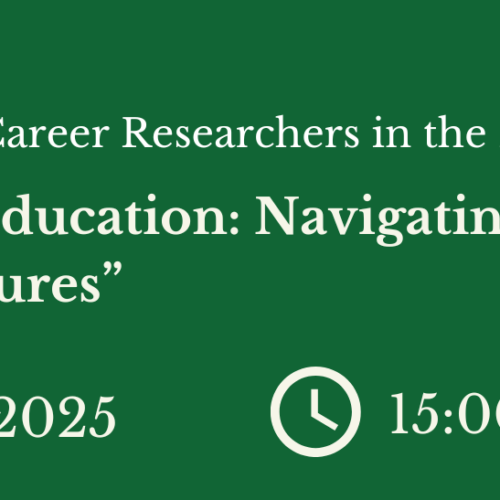Migrants, Migration and Education (2016-2021)
Convenors: Kevin Myers (GB), Paul Ramsey (US), Helen Proctor (Australia).
The Migrants, Migration and Education SWG 2021 Annual Report is available here.
The Migrants, Migration and Education SWG 2019 Annual Report is available here.
The Migrants, Migration and Education SWG 2018 Annual Report is available here.
The Migrants, Migration and Education SWG 2017 Annual Report is available here.
Description: Academic history has always been closely associated with the development and consolidation of nation states. The institutions, practices and historiographies created by academic historians over the past two centuries were deeply imbued with nationalism. Academic history helped to create a national way of seeing the past, framing powerful collective memories and helping to form bonds of loyalty that remain potent across the globe. Contemplating this legacy, contemporary historians have been debating the problem of ‘methodological nationalism’. The history of education has arguably been particularly sensitive to the problem of methodological nationalism. Its foundational concerns with the origins and development of state systems of schooling relied on the naturalization of the nation state, a reification of its territorial boundaries and a more or less explicit concern with nationalising people, knowledge and spaces. Migrants, and the process of migration, were rarely accorded any sustained scrutiny. If migrants did appear it was often in the guise of ‘problems’ or ‘challenges’ to states whose policy agendas were often faithfully reflected in studies of assimilation, in the management of race relations, in the consolidation of ethnic identities and in the emergence of multicultural education policy and practice. More recently, the history of education has been undergoing a process of transformation in which themes of transnationality and internationality are key themes. Our goals are to consider, debate and discuss how migrants, and migration, can be written into the history of education; and to promote and develop empirical projects that cast new light on migrants and migration in the history of education. In doing so migration is defined, following the influential work of Jan and Leo Lucassen, as crosscultural movement (Lucassen, Lucassen and Manning, 2010). In these movements migrants traverse cultural boundaries of values, religions, technologies and political systems and, in doing so, facilitate processes of cultural exchange and negotiation with dynamic and unpredictable outcomes. This definition enables a focus on socio-cultural processes that are arguably particularly, although not exclusively, appropriate for historians of education. Indeed, our goal is less to lay down a particular method or set of concerns than to promote the study of migrants, migration and education at macro, meso and methodological/theoretical levels.
Potential themes for study include:
- Macro: state/nation/empire building and education; educational policy making in respect of migrants and migration.
- Micro/meso: migrant individuals and networks; movements and transformations in knowledge; transmission of material culture; migrants as educational actors; migrant educational institutions; intercultural pedagogy; migrant memory and educational agency;
- Theoretical/methodological: historiography of race/migration; postcolonial theory; whiteness
For additional information and to become involved: Please contact K.P.MYERS@bham.ac.uk, pramsey1@emich.edu or helen.proctor@sydney.edu.au.


